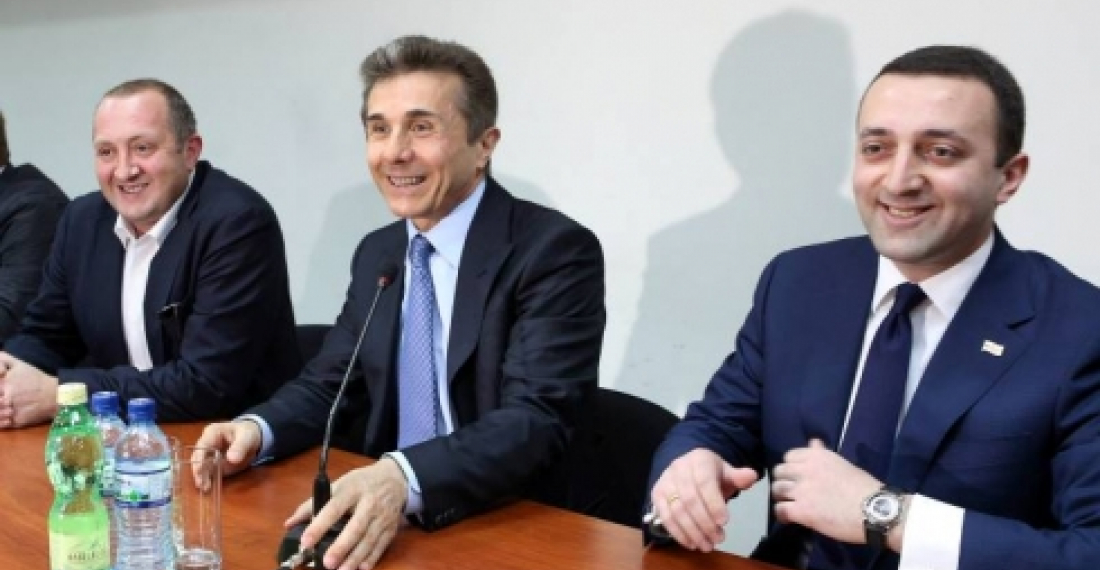Georgia's Prime Minister, Bidhzina Ivanishvili yesterday named Irakli Garibashvili as his successor after meeting with the political council of the ruling Georgian Dream coalition in Tbilisi. The nomination of Garibashvili to the post of Prime Minister, which under constitutional amendments adopted in 2010 will have increased powers, follows the election on 27 October of Giorgi Margvelashvili as President. This ends a political process that has been ongoing since the start of the campaign for parliamentary elections in May of last year and gives Georgia a new political leadership. There is no doubt that the mastermind behind what by any account has to be seen as an extraordinary transition is Ivanishvili himself, who could easily have stayed in his post or got elected as president. Instead Ivanishvili will in a few days time bow out of Georgian politics. He has promised not to interfere in Government after that.
The Margvelashvili-Garibashvili team is as yet an unknown quantity. Their short time in office as part of the Ivanishvili's Ministry has been adequate and they did not make any mistakes. Yet the challenges that they now face as leaders of Georgia are enourmous.
The first set of challenges are political. They have to find a way of working together in the new Constitutional framework. We will see none of the problems that have existed in the last year between outgoing President Saakashvili and the Ivanishvili government, but issues will arise. The Coalition will also now need to settle down to a new reality and will also have to change the way it works.
Georgia faces many problems, including in defining its own statehood. The question of the secessionist territories, and relations with Russia which acts as their protector, will continue to overshadow Georgian politics. The new leaders are not likely to push for an early resolution of this problem, knowing full well that none is available. They will however have to manage their relations with Russia very carefully, and to keep the issue on the international agenda. Georgia has to be an opportunist with regards to its lost territories, and an opportunity may arise at any time. If one does the new leaders will have to act wisely and not make mistakes of the past.
However Georgia's biggest problems for the coming five years are going to be economic. The monetary cushion that was put in place by the international community after the 2008 war with Russia has now been exhausted. Georgia has to look at its own resources to develop, and to deal with social issues. The Saakashvili government had put some emphasis on this, but too much time was spent on grandiose projects, often half cooked ideas. Garibashvili will have to put together a strong economic team and to prioritise time and resources for this work. Georgia's new generation over the last two years has shown that it does not accept any more excuses of the past, and that it is much more demanding of its leaders than previous generations. This is quite right, but it brings added responsabilities on the new political leadership in Tbilisi.
For the moment the new leaders are basking in the glory of their new positions. Very soon reality will set in. Georgia will then be able to see the mettle that they are made of, and draw its conclusions.
source: commonspace.eu
photo: Bidhzina Ivanishvili (centre) flanked by the President-elect of Georgia Giorgi Margvelashvili and the Prime Minister-designate, Irakli Garibashvili at the Georgian Dream Headquarters in Tbilisi on 2 November 2013. (picture courtesy of the facebook page of Bidhzina Ivansihvili)







